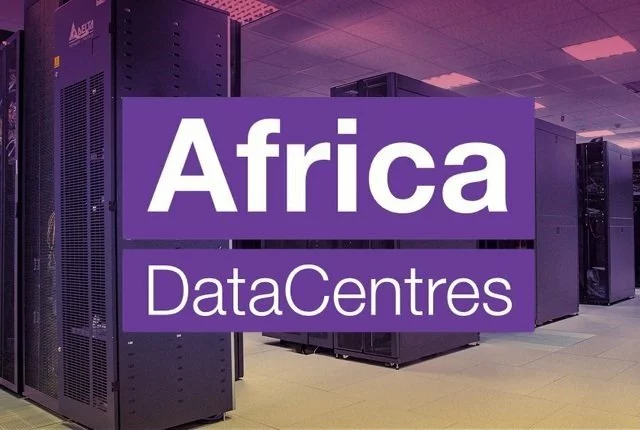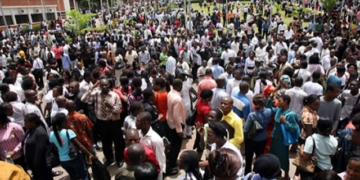Africa Data Centres (ADC) has partnered Internet Exchange Point of Nigeria (IXPN) and Workonline Communications Limited to seek for collaboration between stakeholders in the ICT Ecosystem for growth.
This was stated at the peering workshop hosted by the three organisations held at the weekend in Lagos.
They stated that “most major cities in developed countries have an internet exchange or two, because as data travels across the internet, it is rerouted and re-directed between different networks. Often, traffic on one network has to switch to a different network which might be owned and controlled by another party.
“Internet exchange points (IXPs) enable this type of data transfer through a process called ‘peering’, which enables networks to hand off customer traffic between each other’s networks without the cost of having to pay a third party to carry it across the web for them.”
Speaking to media, the regional executive, Africa Data Centres, West Africa, Dr. Krishnan Ranganath called for the coming together of stakeholders in the sector on how they can partner and collaborate towards the growth of the ICT ecosystem in Nigeria.
He noted that “ADC is known as a data centre, we need to improve the ecosystem and the same with IXPN. So, it is better we come together and get ecosystem more grown in Nigeria.”
He called for partnership among competitors in the industry, saying, “we need to support the ecosystem players so that a common man gets a much better internet services and a better way to access contents.”
According to Ranganath, this ecosystem comes hand in hand with many opportunities for collaboration, content delivery optimisation, and the creation of value-added services. By leveraging this interconnected environment, businesses can expand their reach, improve service quality, and foster partnerships that enhance their overall offering.
CEO, IXPN Nigeria, Muhammed Rudman, noted that “there is lack of collaboration between the various actors in the ecosystem and this is why we have the duplication of infrastructure, instead of sharing infrastructure.”
He emphasised that, here, there is no real collaboration between the ecosystem, especially, among competitors, saying that “in other countries, we see competitors collaborating privately and competing publicly. This is how it supposes to be even in Nigeria.”
Rudman added that, “this is the reason why Nigerian Communications Commission (NCC), for example, has a framework for infrastructure sharing and that is why some of the GSM operators are selling their telecom infrastructure, especially masks to companies like IHS, American towers and the rest, because those becomes now colocation facilities.
And as long as we are collaborating, it drops operational cost and capital expenditure.”
He stated this call for constant sensitisation and understanding the need for collaboration and also for the regulators to be intervening in situations identified. Also, government Agencies and State government must provide necessary support towards infrastructure sharing.











